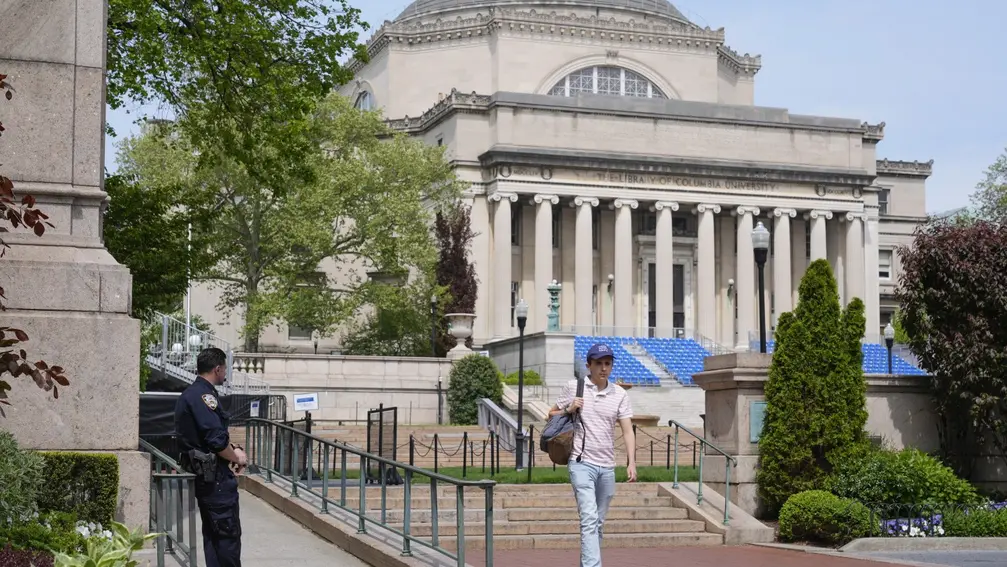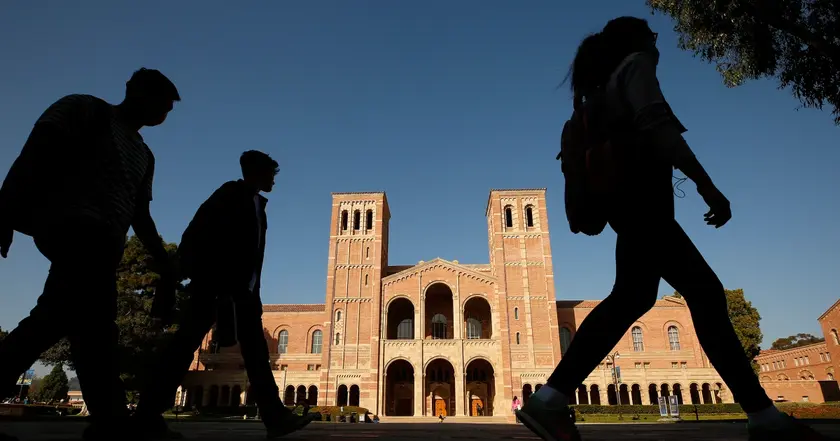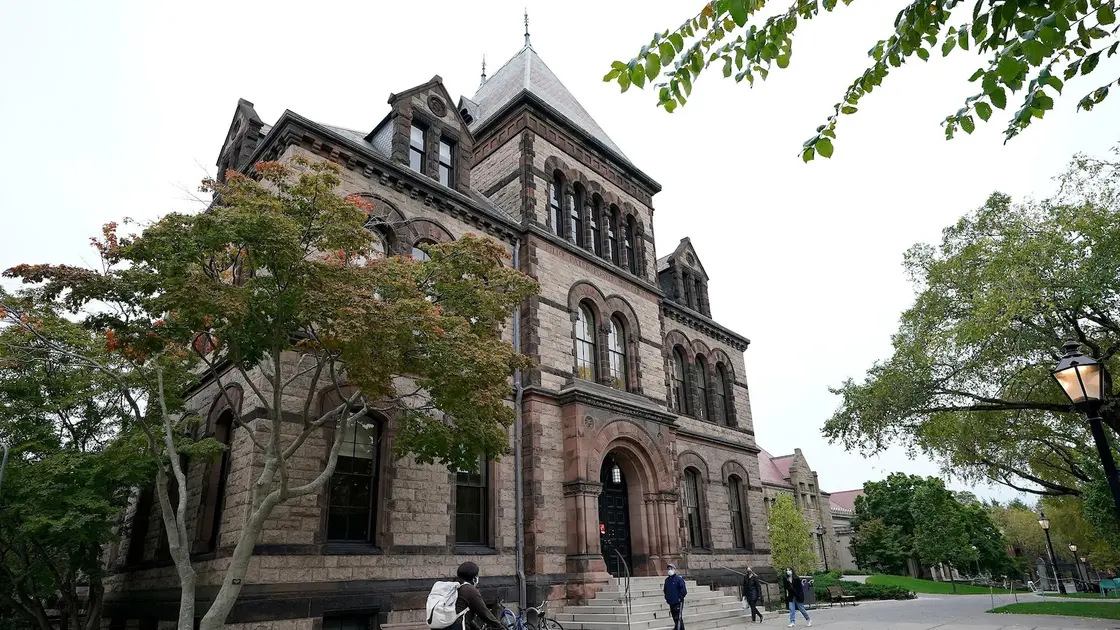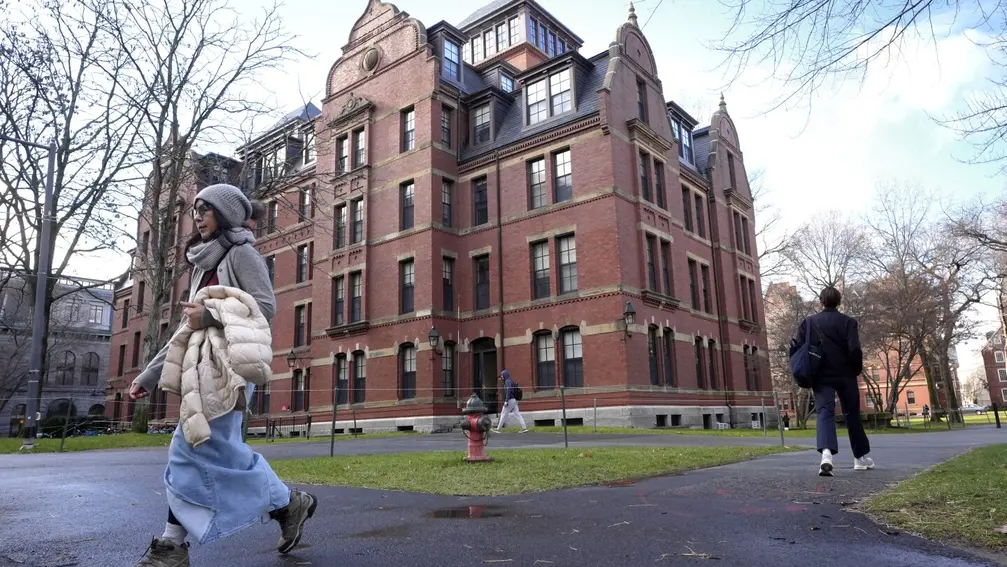T4K3.news
Autistic students on campus face higher anxiety
A new study finds autistic students report higher anxiety and depression than peers, calling for stronger campus mental health supports.

A Binghamton University study finds autistic college students report higher anxiety and depression than their non autistic peers, signaling a need for stronger campus supports.
Autistic students face higher anxiety rates on campus
Researchers used data from the National Survey of Student Engagement to compare anxiety and depression among autistic and non autistic undergraduates. The NSSE dataset covers 342 universities and 149,783 undergraduate responders, with 2021 marking the first year autism appeared as an endorsable category in the survey, enabling new comparisons.
Researchers found autistic students report higher rates of anxiety and depression and urge colleges to provide supports that address both autism and mental health. The team cautions that campuses must look beyond autism alone and consider factors such as social dynamics, accessibility, and faculty support as part of overall well-being, while noting that more research is needed to identify the drivers of these disparities.
Key Takeaways
"There are so many elements that go into being comfortable in the new environment that is college"
Aragon-Guevara on the college transition
"Autistic students are an underrepresented, under-researched population"
Gillis Mattson on representation
"We need to look beyond just autism to address anxiety and depression"
Gillis-Mattson on holistic approach
"This is a starting point for action on campus"
Kim on future research
The study arrives as colleges face rising mental health demands and pressure to be inclusive. It highlights a tension between recognizing autistic students as a diverse group and delivering practical supports.
There are limits to the data, including reliance on self-reported responses and a cross-sectional design, but the authors frame this as a starting point for campus action. If universities act on these findings, they could improve access to counseling, faculty training, and adaptive services.
Highlights
- Colleges must see autism as part of the whole student
- Mental health is not optional on campus
- Listening to autistic students is the first step to real change
- This study signals a need for campus action and sustained support
Mental health risk for autistic students on campus
The article discusses higher anxiety and depression in autistic college students and calls for targeted campus supports, a topic with potential policy and funding implications.
As campuses rethink supports, listening to autistic students will shape the next steps.
Enjoyed this? Let your friends know!
Related News

Sorority rush coaching faces scrutiny

UCLA faces $584 million loss as federal grants are suspended

Columbia University finalizes $220 million settlement with Trump administration

American children's health faces alarming decline

UCLA reveals federal funding freeze affects over $584 million

UCLA funding suspension confirmed at $584 million

Ghislaine Maxwell meets with Justice Department official in Tallahassee

Brown University Finalizes $50 Million Funding Agreement
